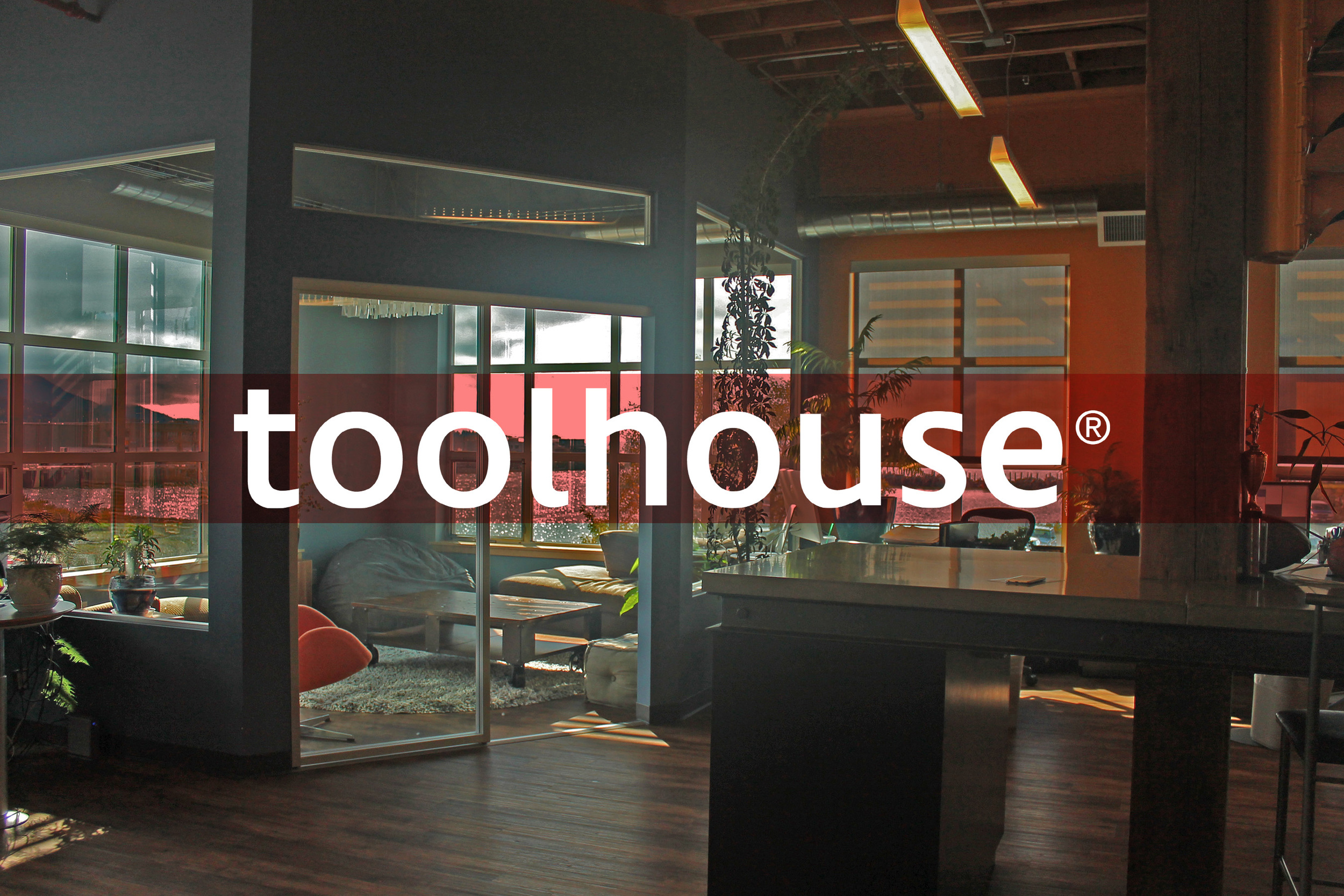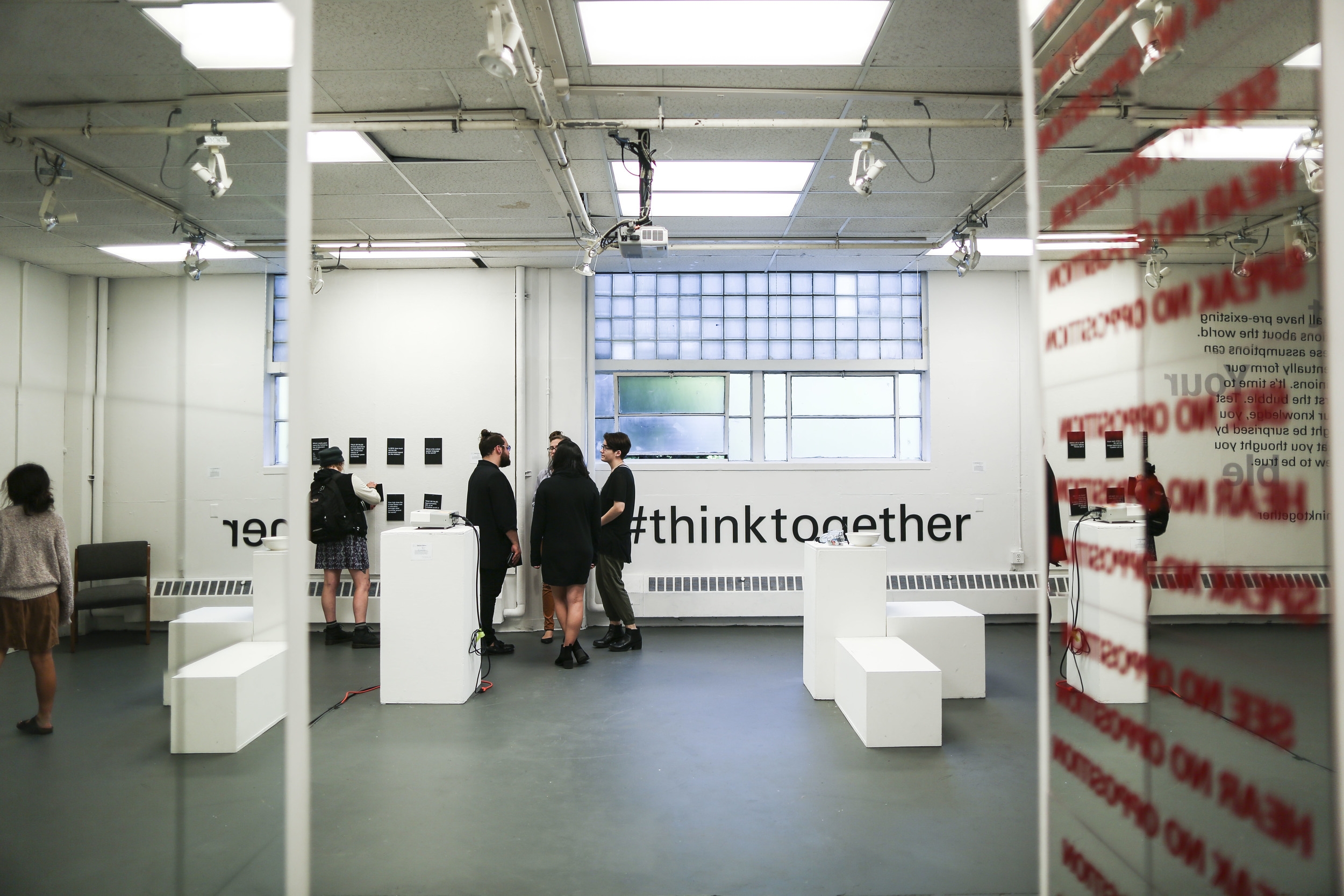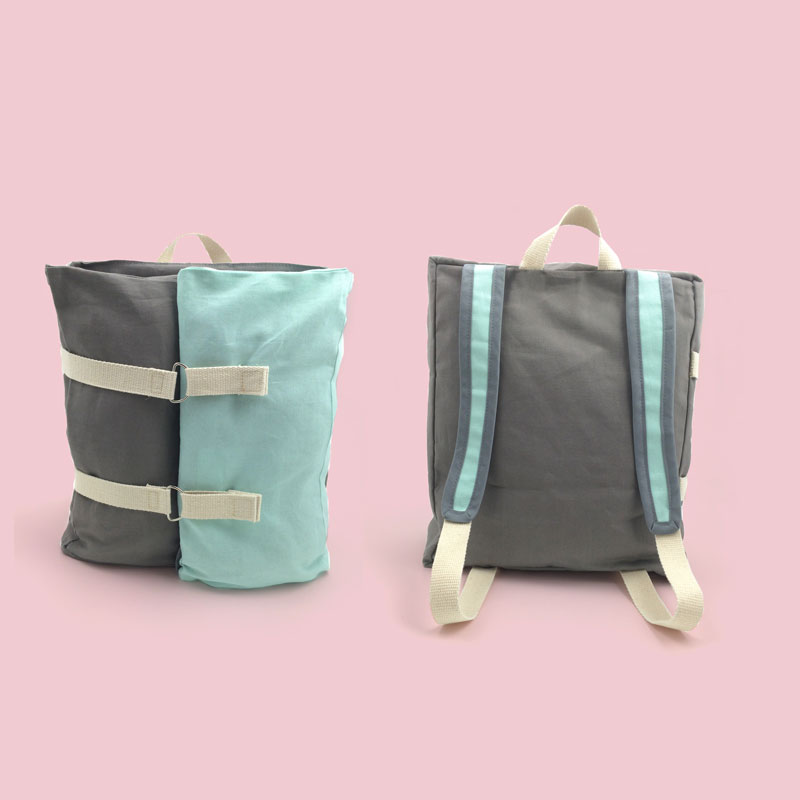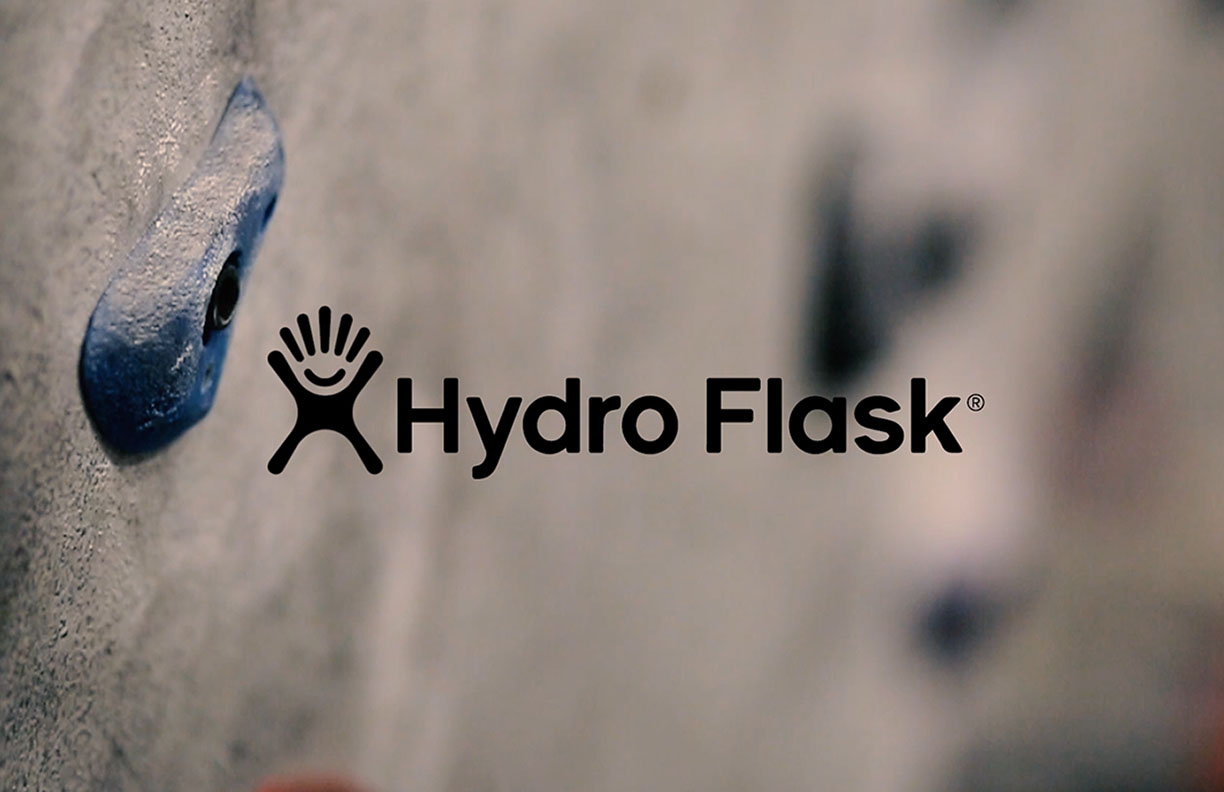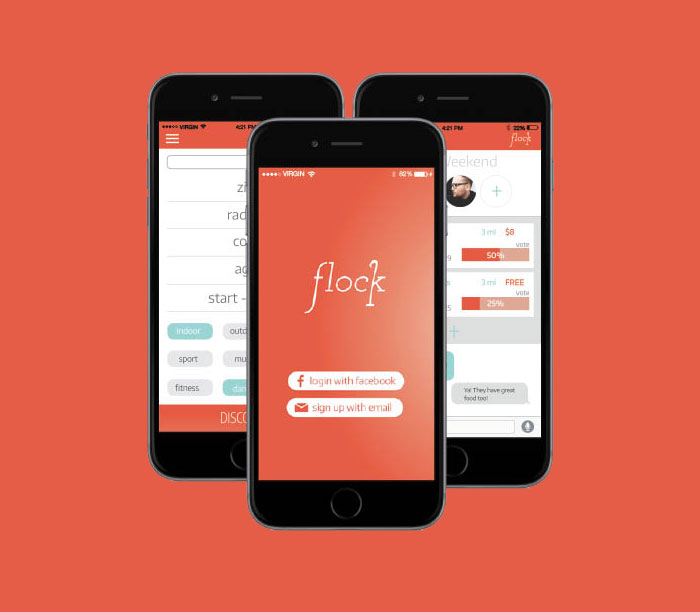Living in a bubble
Echo-Chambers, in regards to media especially, refers to information, ideas or beliefs amplified or reinforced by transmission and repetition inside an “enclosed” system, where different or competing views are censored or otherwise underrepresented. In other words, individuals seek out ideas through social media that agree with their perception of the world, and either ignore, or never see ideas that challenge their established beliefs. Through this filtering of information, individuals are in danger of beginning to believe that their way of thinking is better or more correct than other's without gathering a solid understanding of why another person may have
alternate views.
Algorithms v.s. our own bias
Our online experience becomes more tailored to us personally, with every passing day. Companies are creating digital experiences that morph to fit our likes and shelter us from our dislikes. This can be a great thing when we are looking for music that fits our mood for the day, but customized online experiences have the danger of sheltering us from too much. Many companies use complex algorithms to determine what we want to see. Our clicks, or logins, even our geographic location play a part in what we see online. Overtime, the more we visit sites, the more often these algorithms show us information that is in line with those sites. Alternatively, if we never click on certain links, these algorithms may stop showing us those options at all. Our computer isn’t solely to blame when it comes to filtering out un-palatable information though. We are our own filters. We spend seconds determining which links to follow online, ignoring the views that don’t match our own, and selecting the things we already know we agree with and will further solidify the validity of our own thoughts.
How can we fight back?
In an effort to combat the echo-chamber, and pull our peers out of their own bubbles, our team designed an interactive gallery aimed at motivating viewers to pull themselves out of their comfort zone. Our view of the world is shaped by our experiences which in turn are influenced by a multitude of factors. Where we grow up, how much money we have, our race, gender, hair color, all influence how we view the world and how others view us. It is all too easy to live without considering what life is like for another human living with completely different circumstances than our own. Each piece in the gallery invites individuals to look at the world through the lens of someone else.
Our process
Gallery reception
For one week, our gallery show, titled Echo-Chambers, was open for the public in a gallery on Western Washington University's campus. My largest contributions were to the pieces Trading Perspectives and Drop the Routine.
Trading Perspectives
Each individual’s life experience colors their view of the world. A filtered pool of information creates a narrowed perspective on the multifaceted issues that affect our society. By sharing our perspective with others, we can uncover new ways to see the world around us. Each module highlighted something that influences an individual’s outlook on the world. These messages are were only readable while looking through a colored lens. We encouraged viewers to trade perspectives with those around them and think together.
Drop the Routine
Becoming more open-minded occasionally requires stepping out of our comfort zone and admitting that your own views may not always be correct. We encouraged visitors to drop a ball into the plinko board and open themselves up to trying something new. These takeaways included prompts such as "Give up judgement for the day" and "Meet someone who doesn't look like you"












